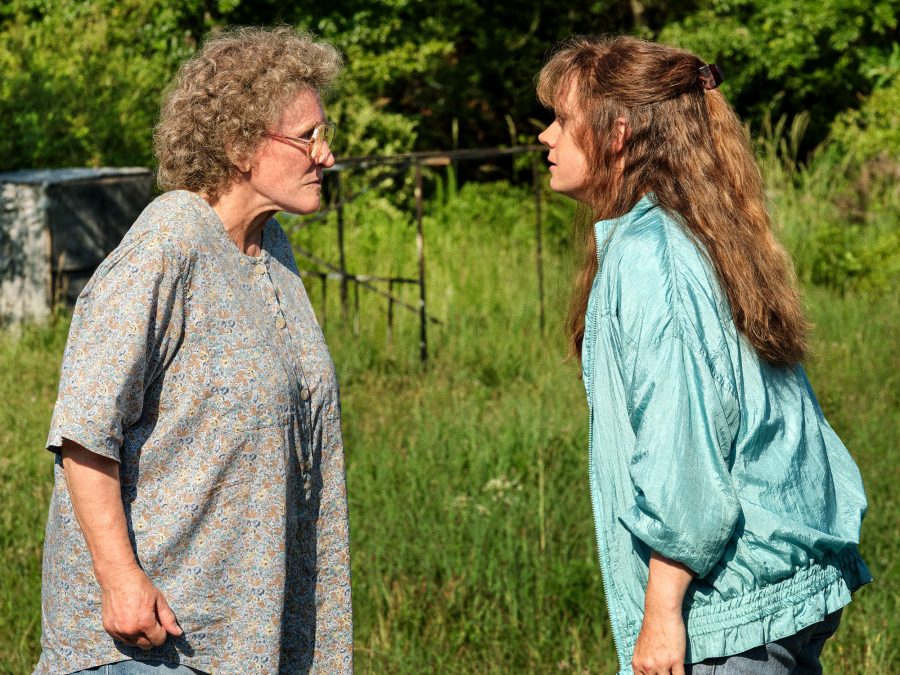In the days following the 2016 US presidential election, a stunned nation was left scrambling for answers as to how the seemingly impossible could have happened. Enter ‘Hillbilly Elegy: A Memoir of a Family and Culture in Crisis’ by JD Vance, a venture capitalist, ex-Marine and Yale Law graduate whose troubled childhood was split between two rural towns on the Kentucky-Ohio border.
The memoir details Vance’s emotional journey away from his ancestral home in Appalachia – a largely misunderstood region plagued by decades of governmental neglect and dwindling opportunity – and how he grappled with his family’s endless cycle of abuse and addiction. Vance presents his personal story as a political manifesto, lambasting the so-called coastal elites’ misunderstanding of the region while arguing against meaningful policies such as welfare and healthcare that could help the region.
In the aftermath of the book’s initial rave reviews (largely by non-Appalachians), three things happened: Vance was embraced by conservatives as a pundit; the backlash against him by Appalachian scholars and activists grew; and Netflix paid $45 million for the rights to develop the story. To even begin to consider what this vast sum of money could have done to benefit Appalachians other than Vance is mind-boggling.
Ron Howard’s adaptation, Hillbilly Elegy, arrives just in time for awards season, stripping the original text of its misguided neo-conservatism in favour of a melodramatic family yarn in which slimy moralising is substituted for empty navel-gazing. The film switches between JD as a mild-mannered child (Owen Asztalos) and as a young man (Gabriel Basso) struggling to fit in among his rich classmates at Yale Law.
In the middle of his summer clerkship interview process, JD is called home to Southern Ohio to take care of his mother Bev (Amy Adams), who has overdosed on heroin. His return to the holler of Appalachia – and race against the clock to make it back to Connecticut for his final clerkship interview – brings back bittersweet and painful memories of his youth, from his ne’er-do-well high school days to his mother’s drug addiction and his Mamaw (Glenn Close), whose tough love and support made him the successful man he’s on the cusp of becoming.

Despite strong performances from Adams, Close and Haley Bennett as broken matriarchs of the Vance family, Hillbilly Elegy is a slog with no real sense of purpose or outlook. The switch between timelines is undermined by Basso’s weak portrayal of Yale-era JD, and the visual language used to peg these characters as “hillbillies” is laughably offensive, inadvertently reinforcing Vance’s accusation of regional bias. There is an interesting story in here somewhere – the briefly mentioned side plot of Mamaw’s teenage pregnancy and move to Ohio comes to mind – but the saccharine sheen is more reminiscent of a Lifetime movie than a near-$50 million Oscar hopeful.
Many critics will rightly pan this film, but the discussion of Hillbilly Elegy’s failures should extend beyond its weak sentimentality to the essential question of why it was made in the first place. The critical error was made early: Vance saw his story as universal, even though Appalachia is a wildly varied place, from the Cherokee reservations in Western North Carolina to the Black migrants of the historical Eastern Kentucky Social Club to the small towns like Vance’s left behind by the world.
The disparities of Appalachian stories exist in the neglected stories of Vance’s own family, with the Vance women largely trapped in their hometown by unplanned pregnancy and bad marriages in ways that JD isn’t. Howard’s film does try to avoid the sloppy generalisations about Appalachia and rural America on the whole, but the rot at the centre of the source material remains. Perhaps Vance and Howard feel as if their misjudged visions of Appalachia deserve an elegy – but to others, the holler is home and deserves something much better than this.
ANTICIPATION.
No one wanted this adaptation of JD Vance’s terrible memoir. 2
ENJOYMENT.
A spineless, trite melodrama that leans on easy moralising and lazy stereotypes. 1
IN RETROSPECT.
Appalachia deserves so much better. 1
Directed by
Ron Howard
Starring
Amy Adams, Glenn Close, Haley Bennett
The post Hillbilly Elegy appeared first on Little White Lies.
![Forest Essentials [CPV] WW](https://s3-us-west-2.amazonaws.com/pcw-uploads/logos/forest-essentials-promo-codes-coupons.png)
0 comments